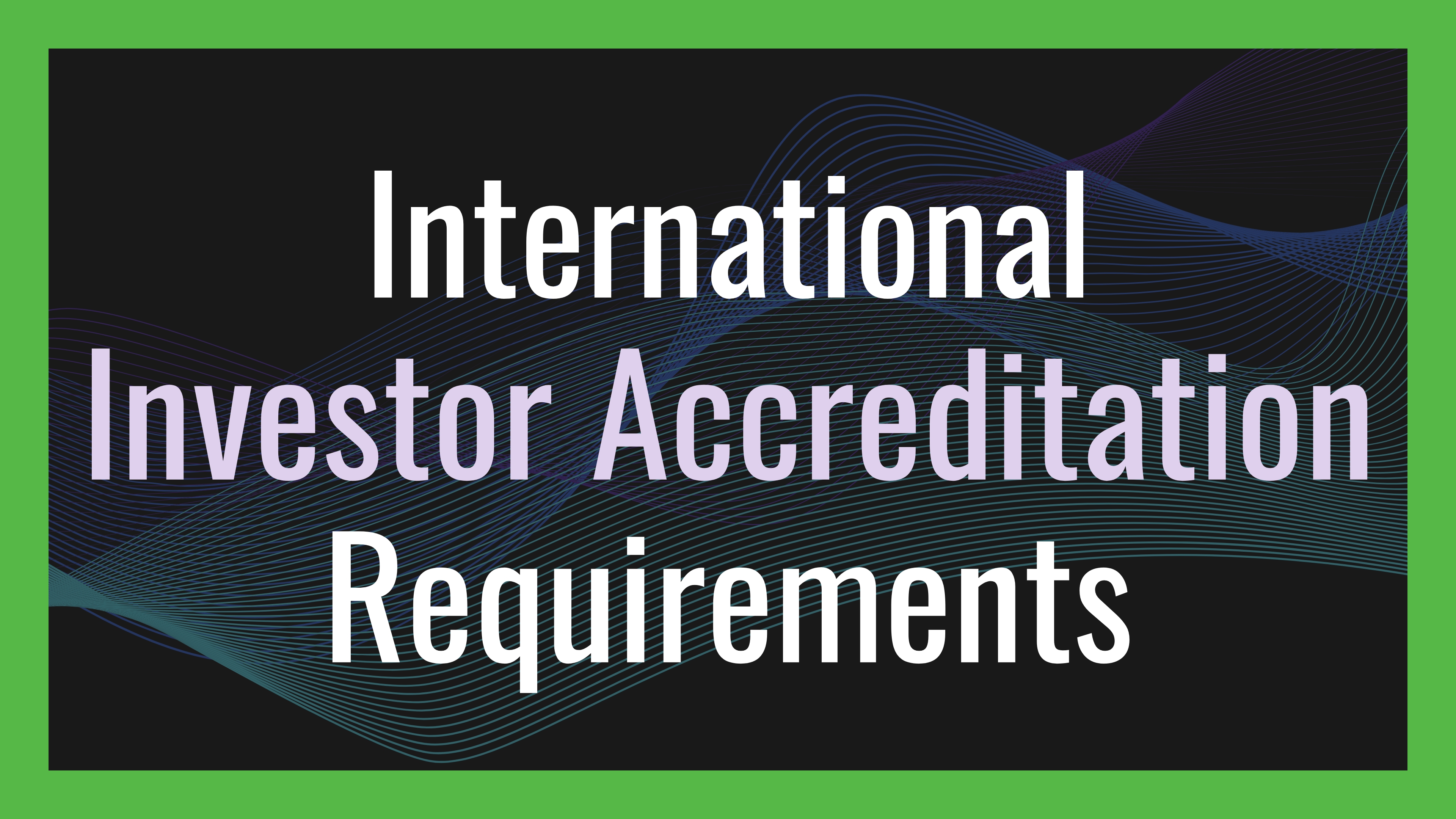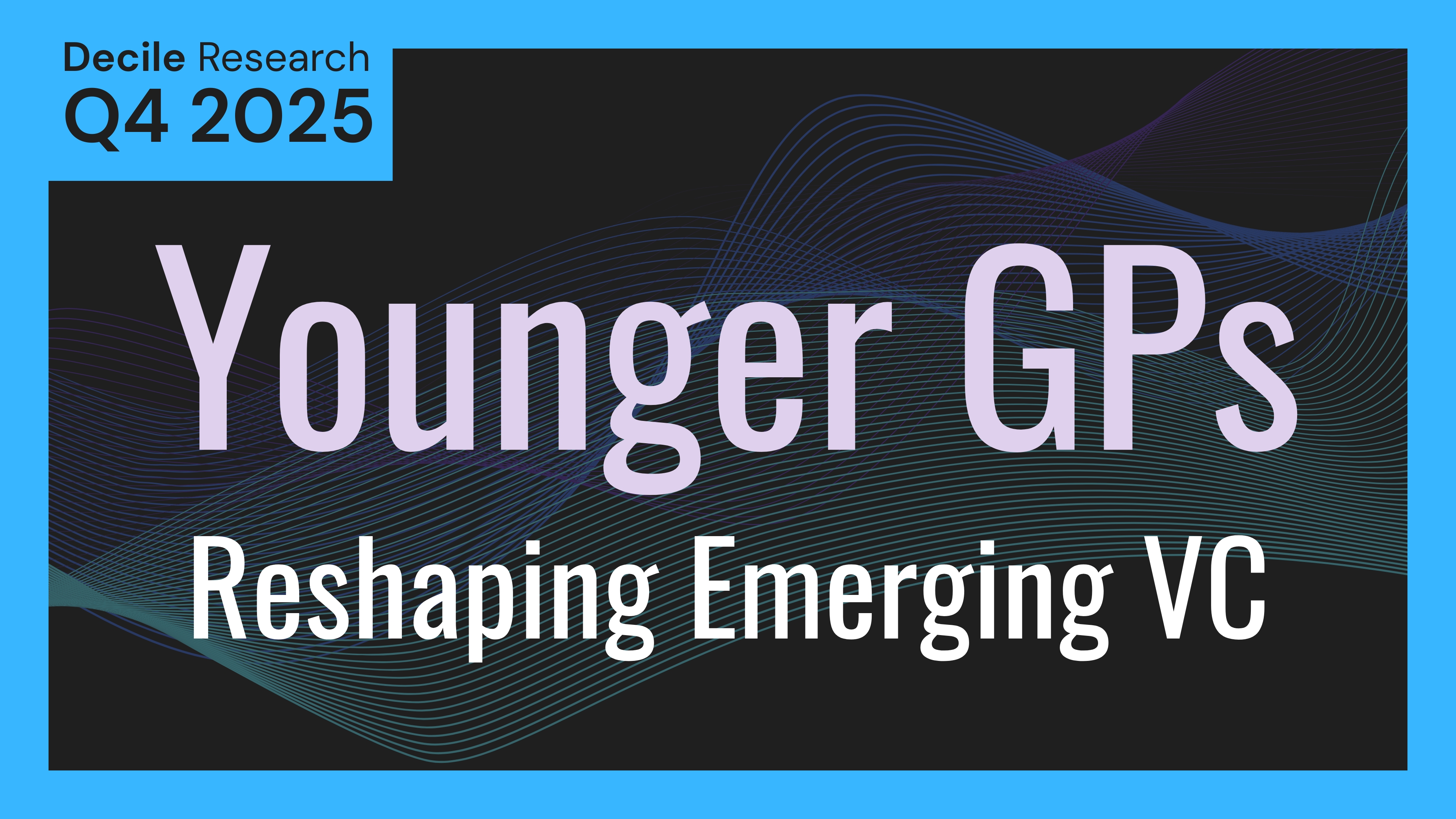
How a Partner Dispute lead to VC Innovations
Expansive Ventures was a global venture capital fund created to support alumni of the Founder Institute. It was founded by Adeo Ressi, who later brought on Jon Soberg as a partner, along with other team members. A dispute between the partners eventually led to the closure of the fund and the firm.
Partner disputes are a common occurrence with new venture capital firms. The story of Expansive Ventures underscores the complexities of VC partnerships, and the outcome of the story is an ethical framework for venture and a new standrd for dispute resultion to avoid such outcomes in the future.
The Story of Expansive Ventures
Expansive Ventures was positioned as a venture capital firm aimed at supporting global entrepreneurial talent. With a solid foundation built on the successes of the Founder Institute network, it was poised for significant impact. However, internal disagreements between Ressi and Soberg about the management and direction of the fund started shortly after closing in 2014.
The firm had equal partners, causing a stalemate, and plans to introduce other team members as shareholders failed. As part of the dispute over direction and firm ethics, Soberg was removed from the partnership by the team, which led him to file litigation against Ressi. The lawsuit moved to arbitration, which is a common route for resolving conflicts in modern legal agreements. The case hinged on fiduciary duties and the partnership dynamics.
A Fiduciary Duty Dispute
Ressi argued that his fiduciary duties were exclusively to the best interest of the LPs, as the agreements exculpated (removed) the duty of loyalty to the partners. Soberg contended that Ressi still owed fiduciary duties to him as a partner, despite these being exculpated.
At the core of the dispute was the Duty of Loyalty, where GPs are required to prioritize the interests of LPs over their own. This duty ensures that conflicts of interest are avoided and that decisions align with the LPs' objectives. There are intrinsic fiduciary duties in a partnership that can be ammended in the core legal agreeemnts, such as the Duty of Care and the Duty of Good Faith. Duties to the partners were explicitly exculpated in the Expansive Ventures agreements to focus the partners on the success of the LPs, although this was not considered in the arbitrator decision.
The arbitrator ruled in favor of Soberg. The resulting decison included number of errors, including math errors, that needed multiple revisions in an amendment process. The final decision led to the dissolution of Expansive Ventures, marking the end of a fund with significant promise. The resulting decision lead Ressi to create a number of innovations in venture.
Creating Ethics Through Adversity
Ressi used this experience to drive innovation in venture capital ethics. From this conflict, he developed the Mensarius Oath, a pledge designed to encourage ethical investing and equitable behavior in venture capital. This ethical framework has since become a widely respected standard in the industry, influencing fund managers worldwide.
The Mensarius Oath includes several key ethical principles:
- Integrity and Fairness: Commit to ethical behavior, ensuring actions benefit humanity and avoid causing harm.
- Transparency and Confidentiality: Maintain honesty in dealings while safeguarding private information.
- Growth and Respect: Continuously seek personal and professional growth, treating all individuals and opportunities with respect.
Ressi’s development of this Oath publicly agreed by over 3,000 investors helped to establish a more values-driven approach to venture capital, emphasizing responsibility and fairness among partners and investors.
Building a New Dispute Resolution
Ressi, known for creating the original SAFE note, has drafted a new dispute resolution framework that is now widely used in many template agreements for startups and investors globally. The language reflects Ressi’s vision for a more transparent and structured approach to conflict resolution, preventing disputes from escalating unnecessarily.
Dispute Resolution. If a dispute arises from or relates to this Agreement, and if the dispute cannot be settled through direct discussions, the Parties agree to endeavor first to settle the dispute by mediation administered by the American Arbitration Association under its Commercial Mediation Procedures in San Francisco, California. If the Parties cannot settle the dispute by mediation, the dispute shall be adjudicated in accordance with the following procedures. The Parties hereby irrevocably and unconditionally:
(a) agree that any action or proceeding arising out of or in connection with this Agreement shall be brought only in the Chancery Court of the State of Delaware (the “Delaware Court”), and not in any other state or federal court in the United States of America or any court in any other country;
(b) consent to submit to the exclusive jurisdiction of the Delaware Court for purposes of any action or proceeding arising out of or in connection with this Agreement;
(c) waive any objection to the laying of venue of any such action or proceeding in the Delaware Court; and
(d) waive, and agree not to plead or to make any claim that any such action or proceeding brought in the Delaware Court has been brought in an improper or inconvenient forum.
When a dispute arises from or relates to the agreement, if it cannot be settled through direct discussions, the parties agree to formal mediation. If mediation fails, the matter is escalated to the Delaware Chancery Court, renowned for its expertise in business disputes. The threat of going to the court system is a deterrent to get the parties to resolve a dispute in mediation. The goal is resolve disputed through less time consuming and more friendly means. Furthermore, the court system has proper systems for appeals and other remedies.
This approach is ultimate faster, less expensive, and more fair to the parties. This language, now a standard in venture capital agreements, aims to reduce the time, cost, and complexity of resolving disputes in the startup ecosystem.
Conclusion
The litigation that surrounded the closure of Expansive Ventures offers critical lessons in venture capital governance. While the dispute between Soberg and Ressi led to the dissolution of the fund, it also sparked a transformation in how ethical standards are approached in the industry. Ressi’s response to these challenges—creating the Mensarius Oath and advancing dispute resolution mechanisms—demonstrates the importance of ethical leadership in venture capital.
In the evolving landscape of venture capital, these innovations provide a roadmap for managing partnerships and disputes with integrity. The key takeaway here is that even in the face of legal disputes, venture capital professionals can use challenges as catalysts for positive change.



